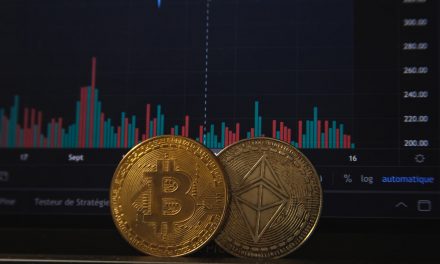The emergence of the metaverse has sparked a wave of excitement and speculation across various industries, and the real estate market is no exception. As we delve into the possibilities presented by the metaverse in the realm of real estate, it becomes evident that this transformative technology has the potential to reshape the way we interact, transact, and perceive the physical world. In this article, we explore the convergence of the metaverse and real estate, highlighting its immense growth potential and the opportunities it offers for investors and industry stakeholders.
Understanding the Metaverse
The metaverse can be defined as a virtual realm that encompasses a collective virtual shared space where users can engage with a combination of augmented reality (AR), virtual reality (VR), and mixed reality (MR) experiences. It represents a fusion of the physical and digital worlds, providing an immersive and interactive environment for users to explore and interact with various digital assets, including virtual real estate.
Metaverse in the Real Estate Market
The real estate market has traditionally relied on physical properties as assets. However, the advent of the metaverse introduces a new dimension, where virtual properties within the digital realm hold tangible value. Here are key insights into the metaverse’s impact on the real estate market:
1. Expansion of Digital Property Ownership
Virtual real estate has gained significant traction within the metaverse, with users and investors recognizing its potential value. Digital properties, represented as Non-Fungible Tokens (NFTs), offer unique ownership rights and can be bought, sold, and traded within the metaverse. As the metaverse expands, the demand for virtual properties is projected to soar, creating a lucrative market for investors.
2. Enhanced Virtual Experiences
The metaverse enables users to explore virtual properties and experience immersive environments from the comfort of their own homes. Real estate developers and agents can leverage this technology to provide virtual property tours, allowing potential buyers to visualize and interact with properties before making physical visits. This enhances convenience, saves time, and opens up possibilities for global participation in the real estate market.
3. Economic Opportunities for Developers and Designers
The metaverse offers a fertile ground for developers and designers to showcase their creativity and build virtual worlds. From designing stunning virtual landscapes to creating unique digital structures, the metaverse presents a wealth of opportunities for skilled professionals. As the demand for virtual real estate increases, developers and designers will play a pivotal role in shaping the future of the metaverse and the real estate market within it.
4. Democratization of Real Estate Investment
Traditionally, investing in real estate required substantial capital and local market knowledge. However, the metaverse breaks down these barriers, allowing anyone with an internet connection to invest in virtual real estate. This democratization of real estate investment opens doors for individuals worldwide, providing access to a previously exclusive asset class.
The Future Outlook
The convergence of the metaverse and the real estate market represents a paradigm shift in how we perceive and engage with property. As this trend gains momentum, it is essential for industry stakeholders to embrace the possibilities and adapt to the evolving landscape. Here are some key considerations for the future:
1. Regulatory Frameworks
As virtual real estate gains prominence, regulatory frameworks will need to adapt to ensure transparency, security, and investor protection within the metaverse. Governments and regulatory bodies must establish guidelines to govern digital property ownership, transactions, and taxation to foster a sustainable and trustworthy virtual real estate market.
2. Collaboration and Partnerships
To fully capitalize on the potential of the metaverse, collaboration and partnerships between real estate developers, technology companies, and metaverse platforms are crucial. By pooling their expertise, these stakeholders can drive innovation, create compelling virtual experiences, and unlock new avenues for growth.
3. Education and Awareness
As the metaverse expands, educating the general public about its benefits, potential risks, and investment opportunities becomes paramount. Industry associations, educational institutions, and thought leaders should actively contribute to raising awareness and fostering a comprehensive understanding of the metaverse and its implications for the real estate market.
Conclusion
The metaverse represents a new frontier for the real estate market, introducing virtual properties and immersive experiences that redefine traditional notions of property ownership and interaction. As the metaverse continues to evolve, embracing this technological revolution presents immense opportunities for investors, developers, and the wider real estate industry. By adapting to this paradigm shift, industry stakeholders can position themselves at the forefront of a transformative era where the boundaries between the physical and digital worlds blur, unlocking unprecedented possibilities for growth and innovation.





